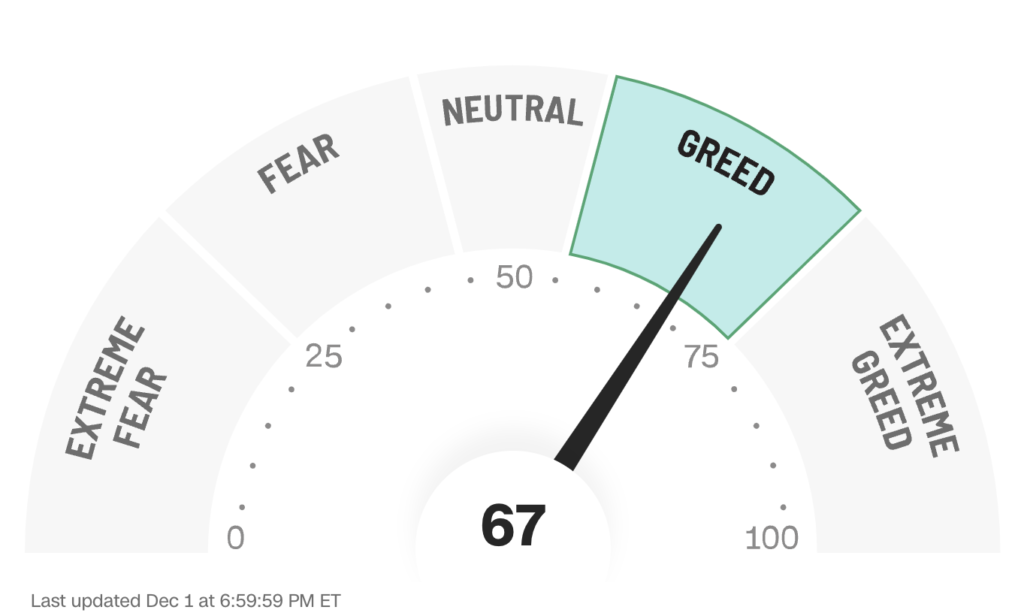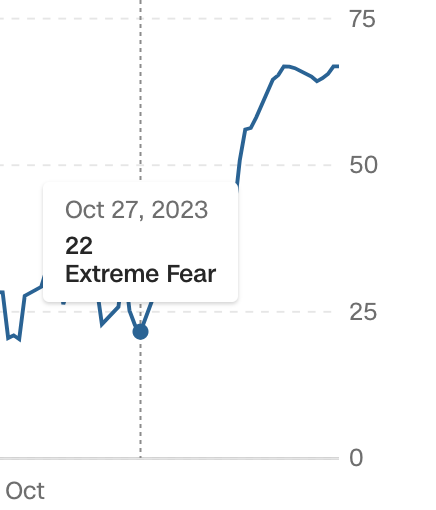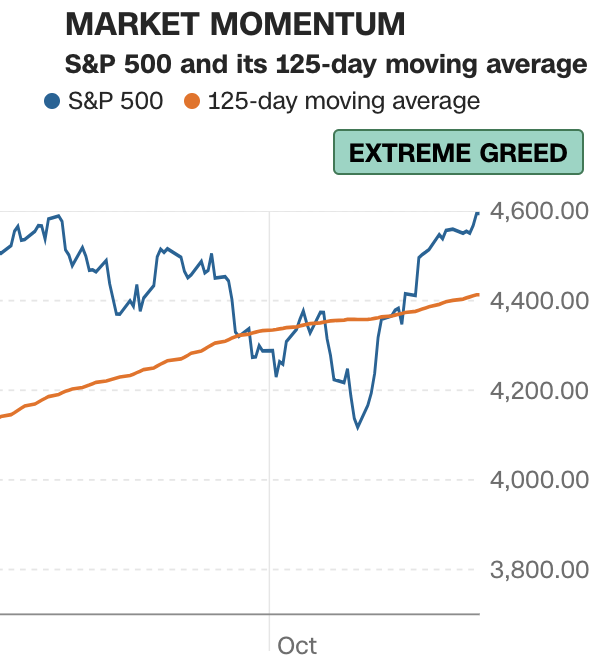Would you leave the fate of your financial future to others?
It sounds like a silly question, but it’s not far-fetched in investing. If you invest in the stock market, you’re doing precisely that.
When your wealth is heavily allocated to public equities, you’re not only entrusting your portfolio to the opinions of your neighbors, family, and friends but worse, the performance of your portfolio rides on their moods.
- The stock market moves are not simply based on economic data, performance, and forecasts but more so on investor sentiment.
You wouldn’t dream of making important decisions based on someone else’s viewpoint, opinion, or feeling, yet that’s precisely what you do with Wall Street equities.
Public opinion moves in unison like birds. Imagine you’re in the Target parking lot and see a flock of birds flying above your head. Then you hear a car backfire.
What happens to the flock?
They all scatter and then regroup to fly in a different direction.

The Mailbox Money Millionaire is Disaster-Proof
That’s basically what it’s like investing in stocks.
Investor opinion is such a driving factor in market performance that CNN has its index for measuring current investor sentiment.
It’s called the Fear & Greed Index. CNN Business gauges current investor sentiment using a variety of factors and indicators to explain market performance.
- The market trends upward when the investor mood is greedy and the opposite when investors are fearful, with various degrees of greed and fear in between.


These wild swings from extreme fear to greed within short periods explain the wild swings in market performance, as shown in the graph below:

Closely tied to investor mood is consumer mood as measured by the Consumer Confidence Index, which measures how optimistic or pessimistic consumers are about their future financial situation:

Not surprisingly, the Consumer Confidence Index is closely tied to stock market performance.
Investor mood significantly impacts stock market volatility, but some factors affect individual stocks that you might be surprised to learn about.
One study found that a CEO’s personality traits influence the company’s stock volatility.
For example, companies with CEOs with high levels of extroversion show higher stock volatility, whereas those with conscientiousness tend to show less stock volatility.
What Should Investors Do?
Savvy investors don’t leave the fate of their financial futures in the hands of others. And in the age of connectivity, instant gratification, and social media, investor moods can turn quickly and violently.
Why ride the roller coaster of irrational investor sentiment and behavior?
Instead of following the herd and subjecting themselves to volatile investor sentiment, smart investors prefer to invest in certainty. They look at the data, demand, and metrics without worrying about the recent media reports, talking heads, indexes, or the CEO’s behavior.
How much of your portfolio is at the mercy of the opinions of others?
Take control of your portfolio.
Instead of risking the growth of your portfolio on a CEO’s next post on X (Twitter), invest in privately held tangible investments.
Invest in an asset that fills a market need today and well into the next several decades.
To learn more about Nighthawk Equity investing opportunities, click the link to schedule a call.


